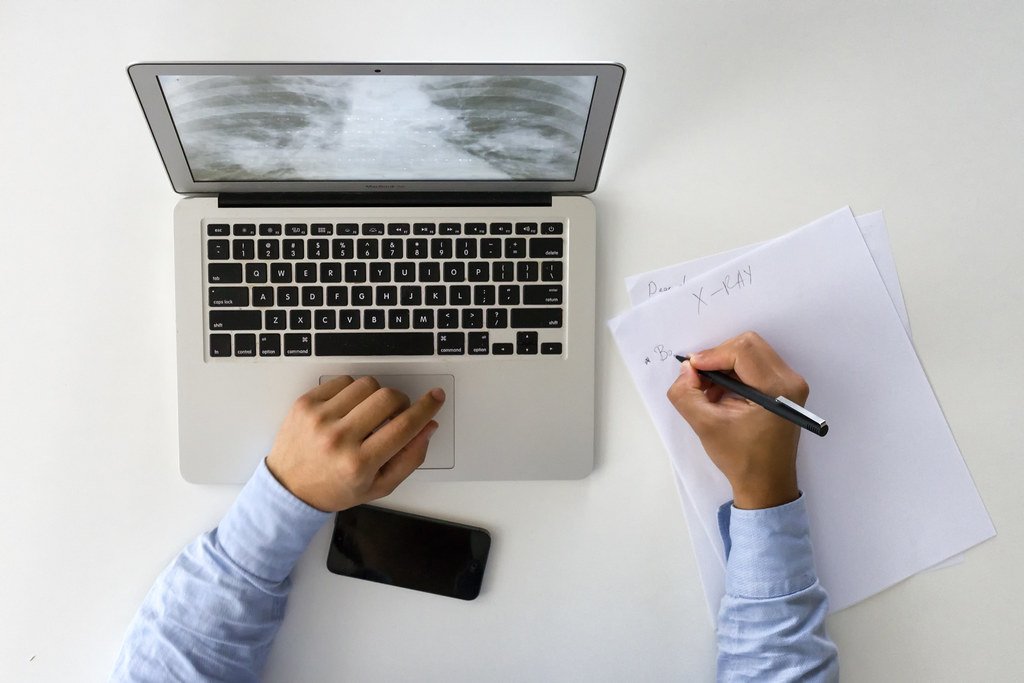How to study for success
By Hadley Cress ‘27
We are only eleven weeks into school, and as students look across the quad, they see their peers hurrying to class, stressed with their growing workload.
Each individual's study habits are different and unique, but some tips and tricks can be helpful for all. In order to maintain academic success, creating strong study habits from the get-go is crucial.
Tyler George, a junior at Catlin Gabel School (CGS), established a good habit of frontloading his work and completing his homework early in the week. This way, there is a "safety net to fall back onto." It sounds like a lot of extra work, but "you're doing the same amount of work over the same amount of time."
A good habit junior Rachel Cohrs sets is "using most [of the] time I have free to do work." She also said, "During the school day, we have a lot of unscheduled periods (e.g., Co-Cu and Lunch) where I try to get some of my homework done. I also try to work before [the] game[s] and practice if there is time."
Part of setting good habits comes from finding the motivation for the habits. To help motivate himself, George counts down from 5 and then starts his work to help him focus.
Jeffrey Silverstein, Catlin Gabel's learning specialist, recommends identifying the motivation behind getting something done before starting an assignment, to help complete the work more productively.
Cohrs said, "Honestly, I don't really do anything to stay motivated with schoolwork. I think it's just a daily challenge. Some days, I'm more motivated to do my homework, and some days, I am really good at procrastinating and getting behind on homework."
Another thing that can increase efficiency when doing homework is talking to teachers. According to Silverstein, asking a teacher for help and checking in with them makes it easier to do assignments.
Someone may have a question about their homework, or they had too many extracurricular activities that day and could not complete it. Communicating with teachers will make the homework process more manageable and can communicate a student’s reliability.
It is super important to talk to teachers, especially when deciding what to study for a test. According to Silverstein, talking to teachers before studying for a test can help students study what is actually going to be on the test.
When studying for a big test, it is helpful to create goals and break down what to study. Creating goals can make studying seem less daunting. It can also help to stay on track by preventing confusion and distractions.
One thing George does to keep from getting distracted is putting his phone in a drawer. This not only prevents him from using his phone but also keeps him focused.
He also recommends staying off screens. However, this can be difficult when technology is needed to complete work.
Another way to keep from getting distracted is by choosing where to study. Silverstein recommended having a clean space that helps get into a good headspace.
Regarding headspace and studying, using engaging study tools is essential. Try to make it enjoyable by turning it into a game or working with others. Being awake and well-rested will also help to retain the information better.
To retain information, it is better to work up to a goal and break down the work at hand. One thing Silverstein recommends is backward planning, meaning identifying what it feels like to be entirely done with an assignment and then working backward by asking, "What am I gonna be doing to get there?"
This strategy can keep students from getting overwhelmed and motivate them to finish their work.
Remember there is no one-size-fits-all approach to studying. However, taking these pieces of advice is a good starting point. Best of luck to the rest of the school year and remember fall break is just around the corner!

